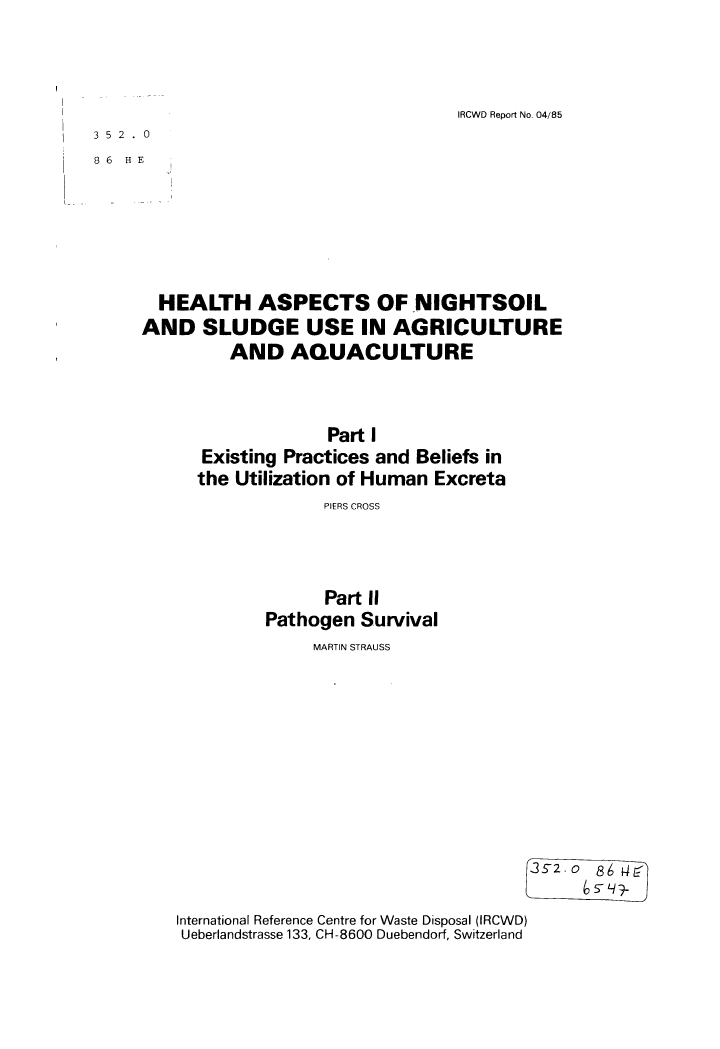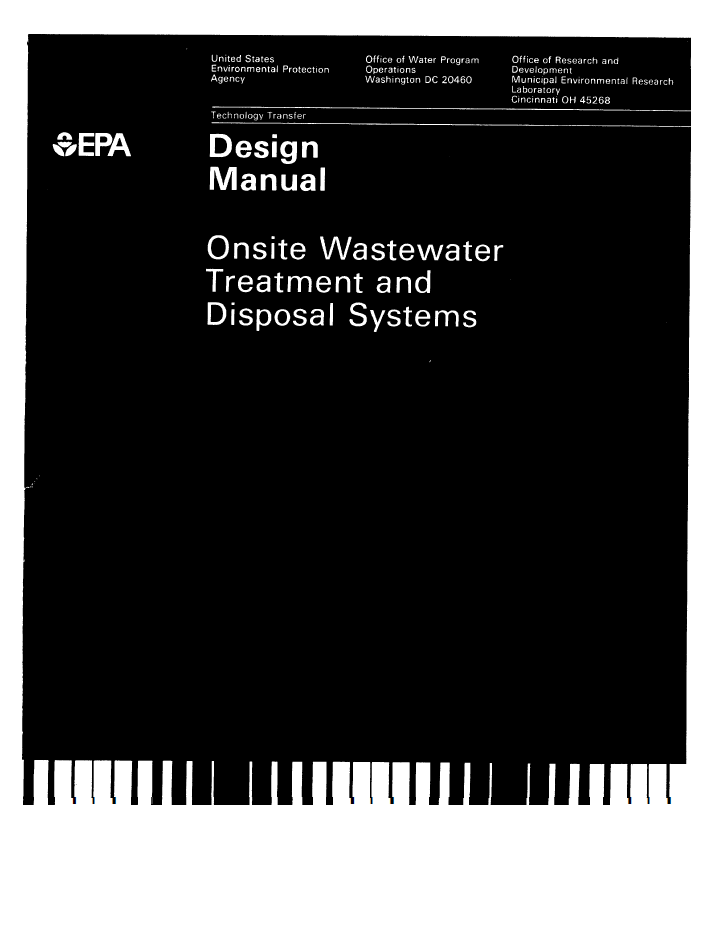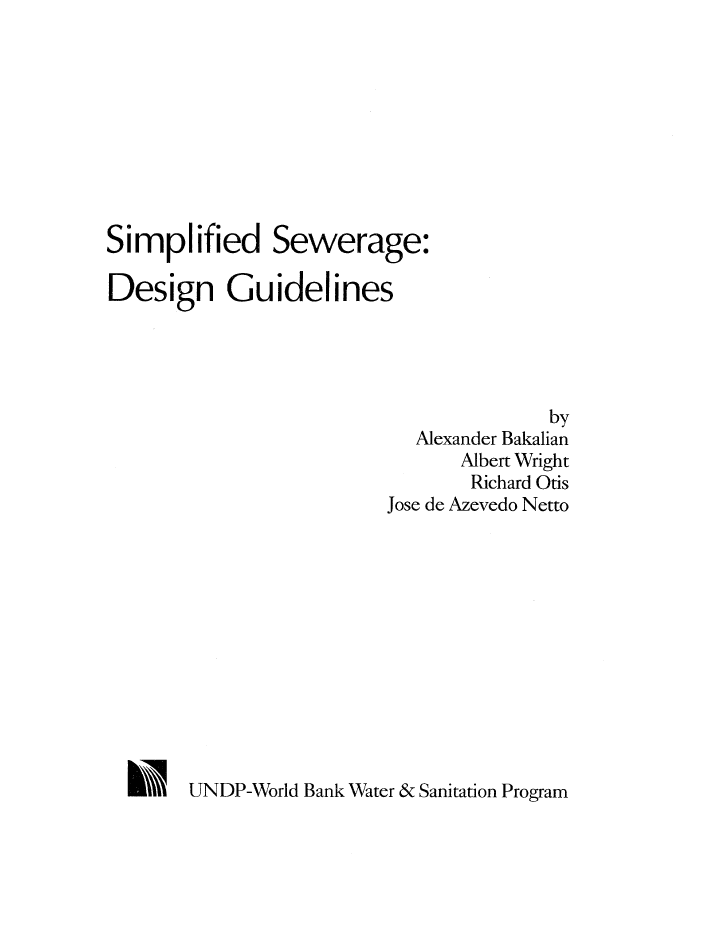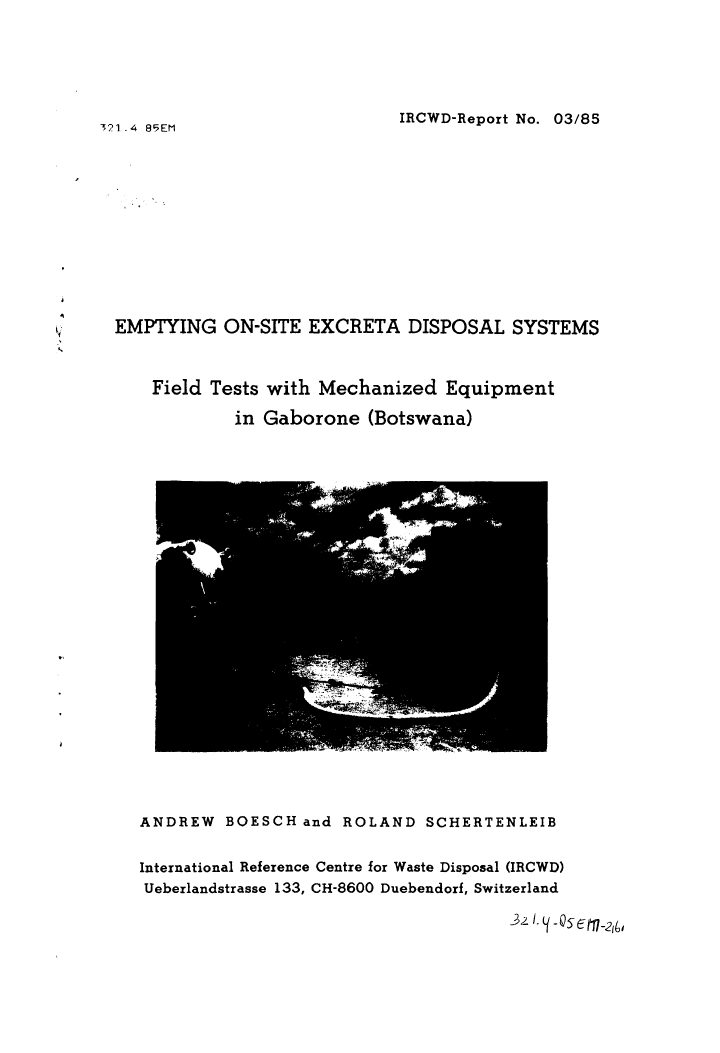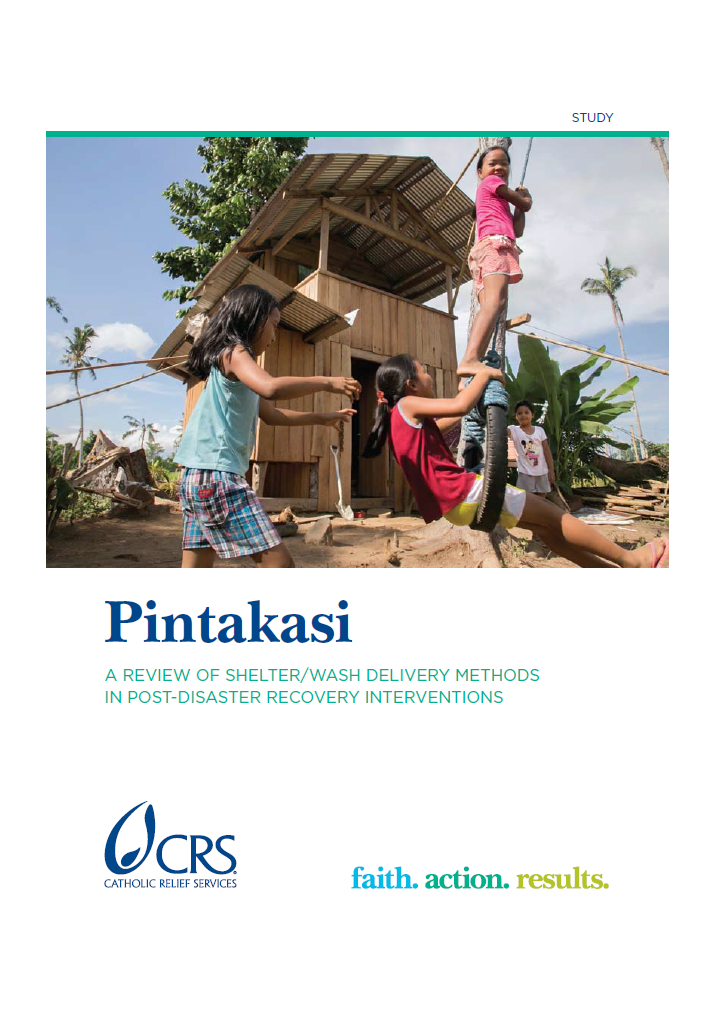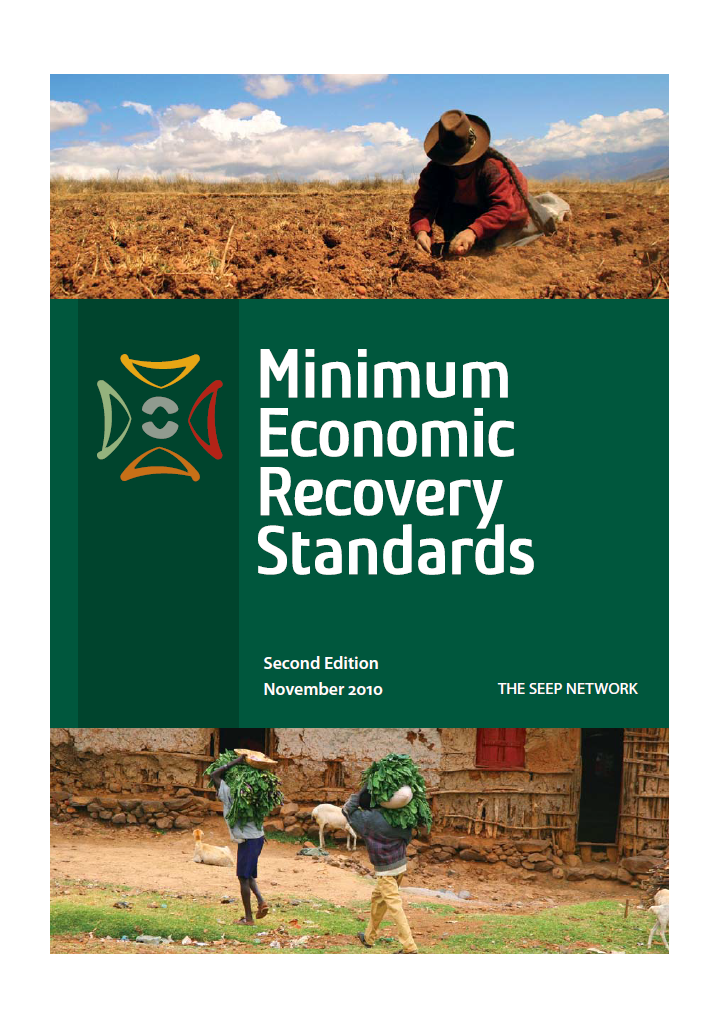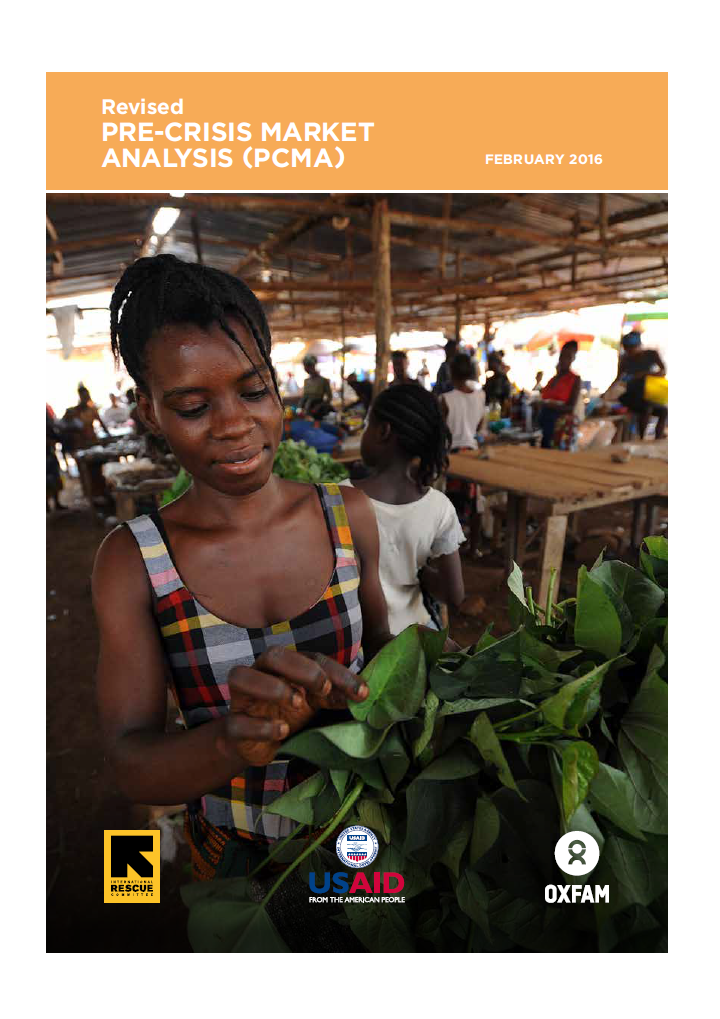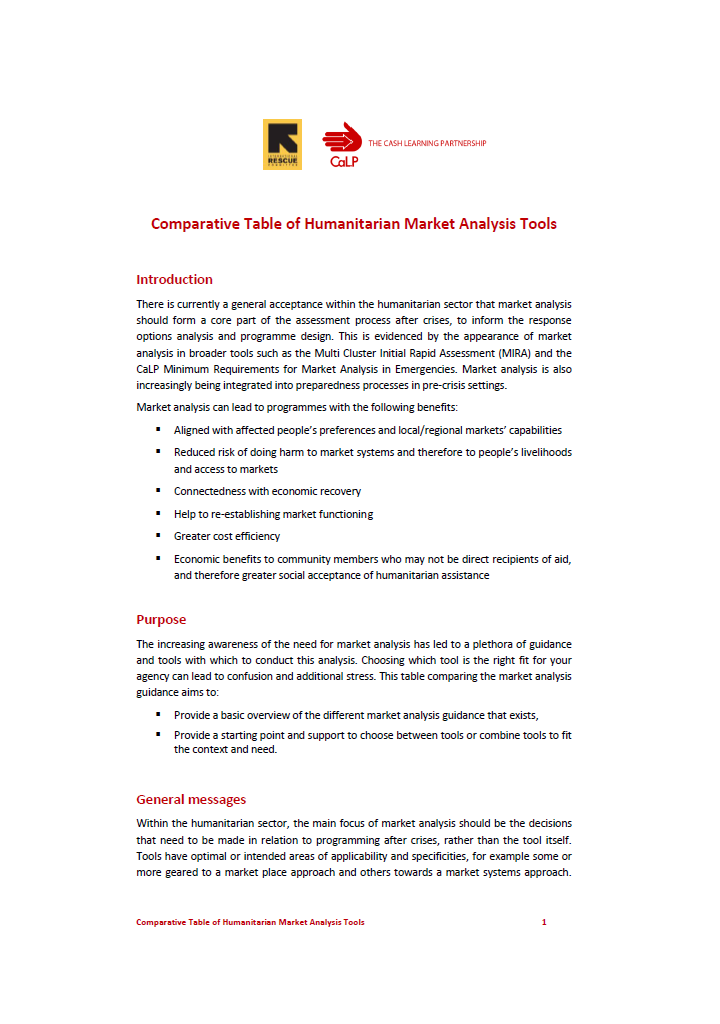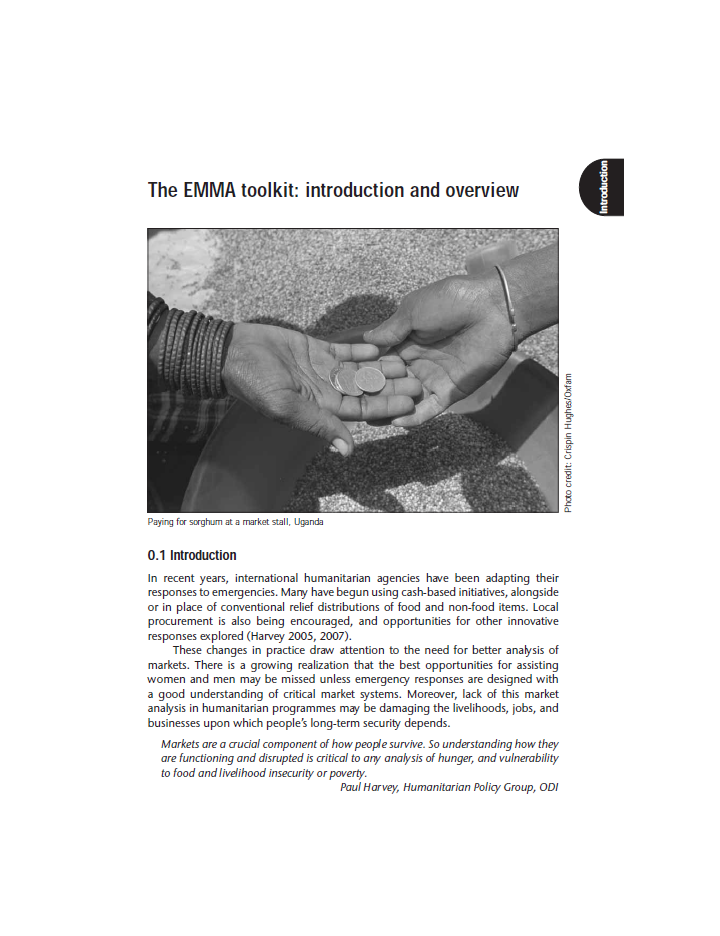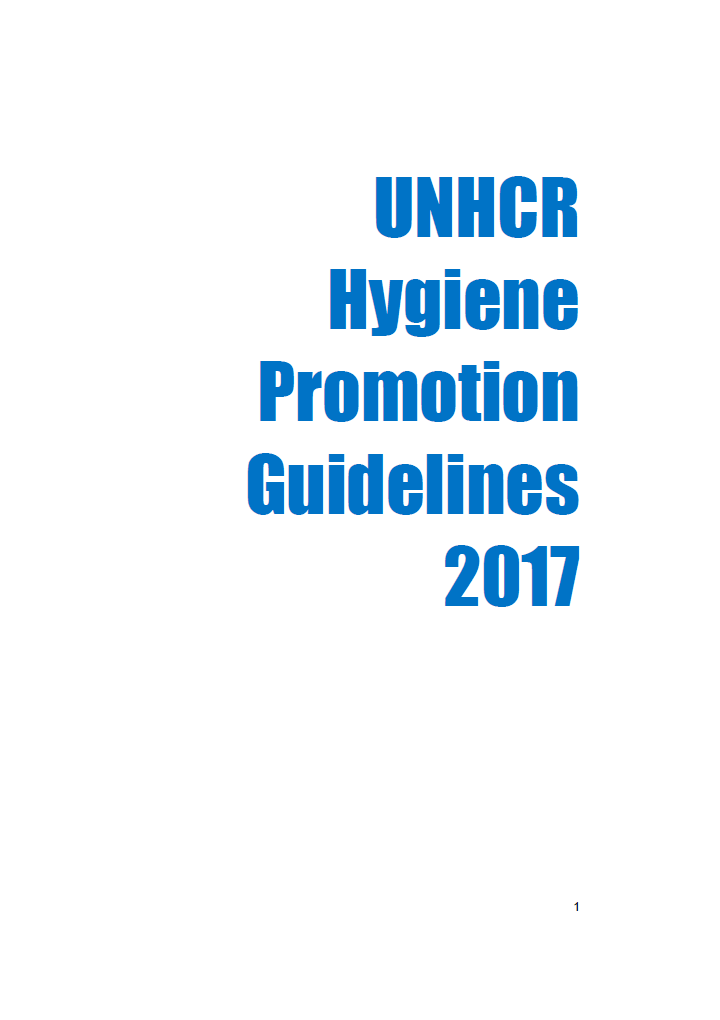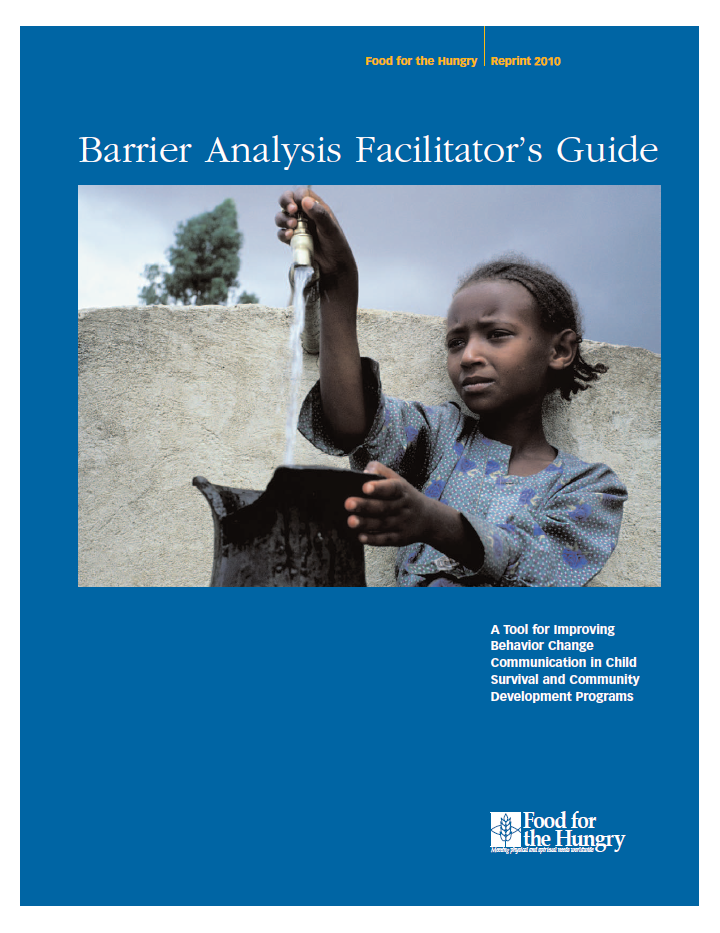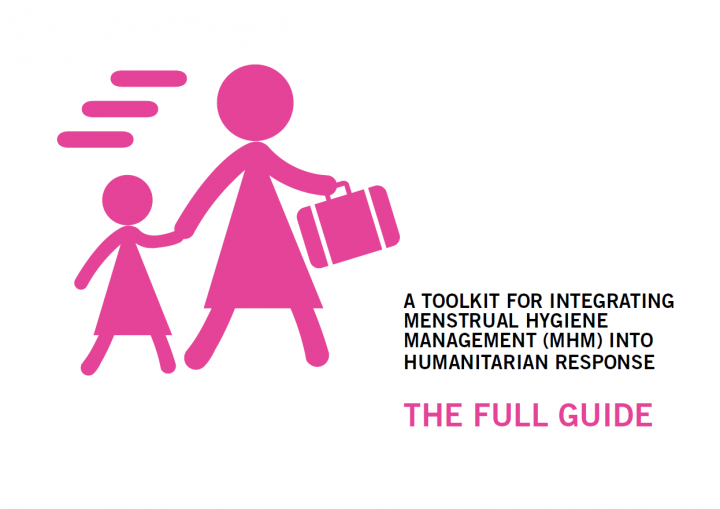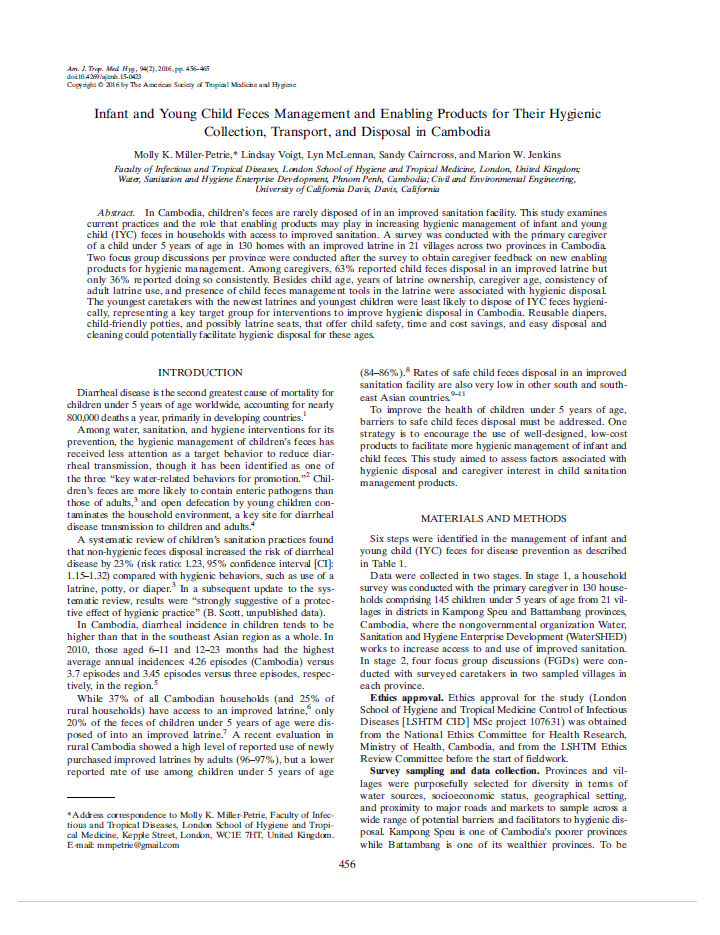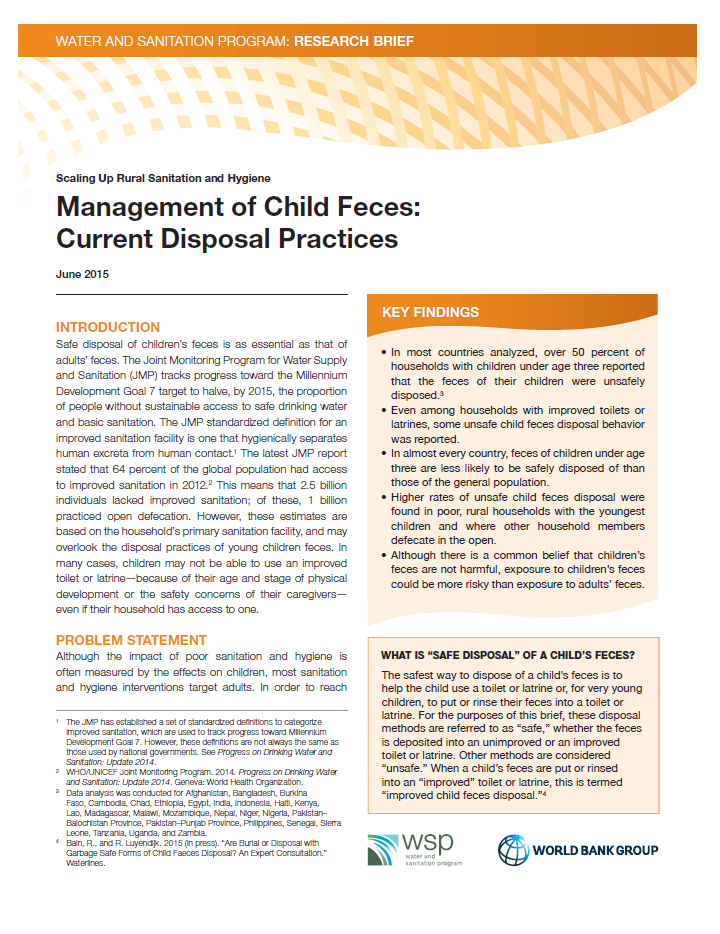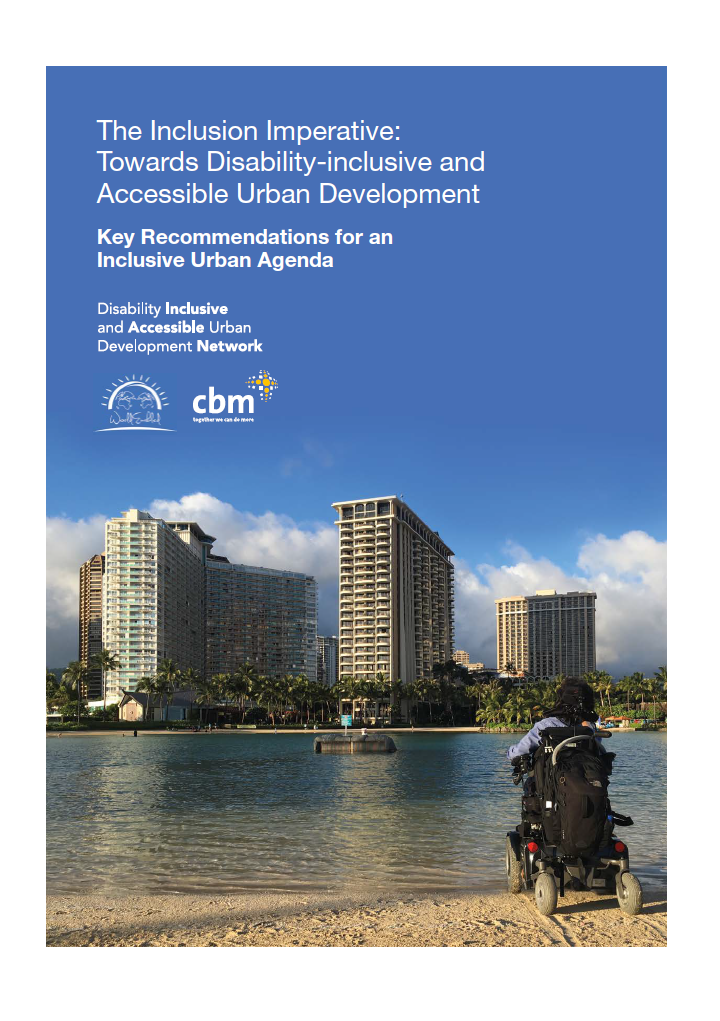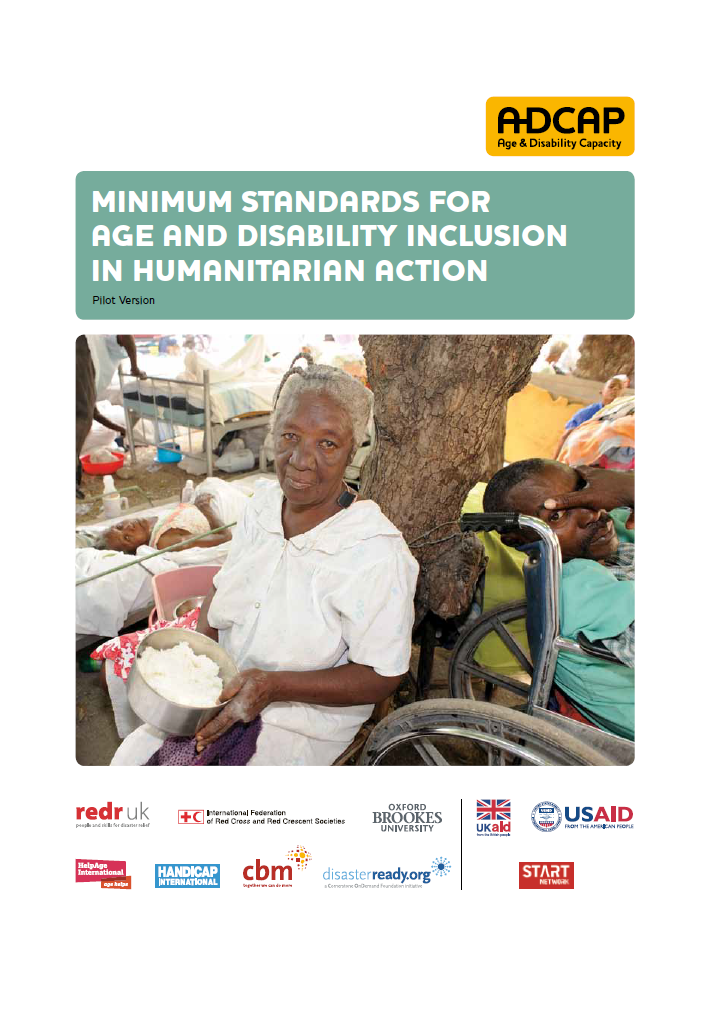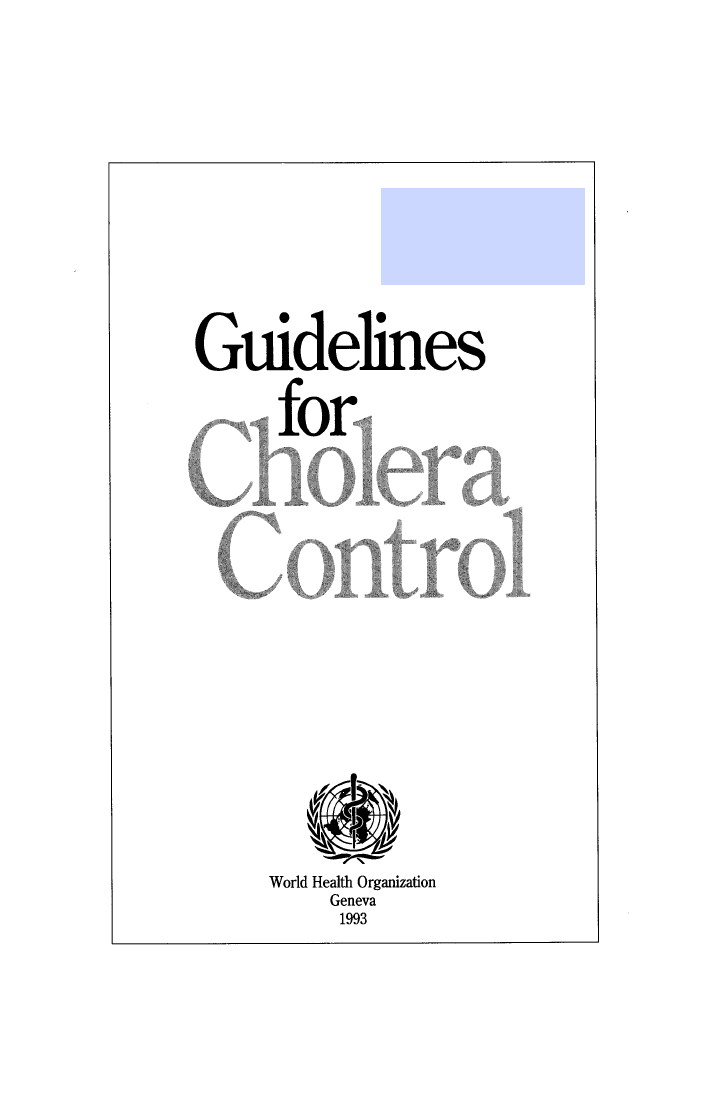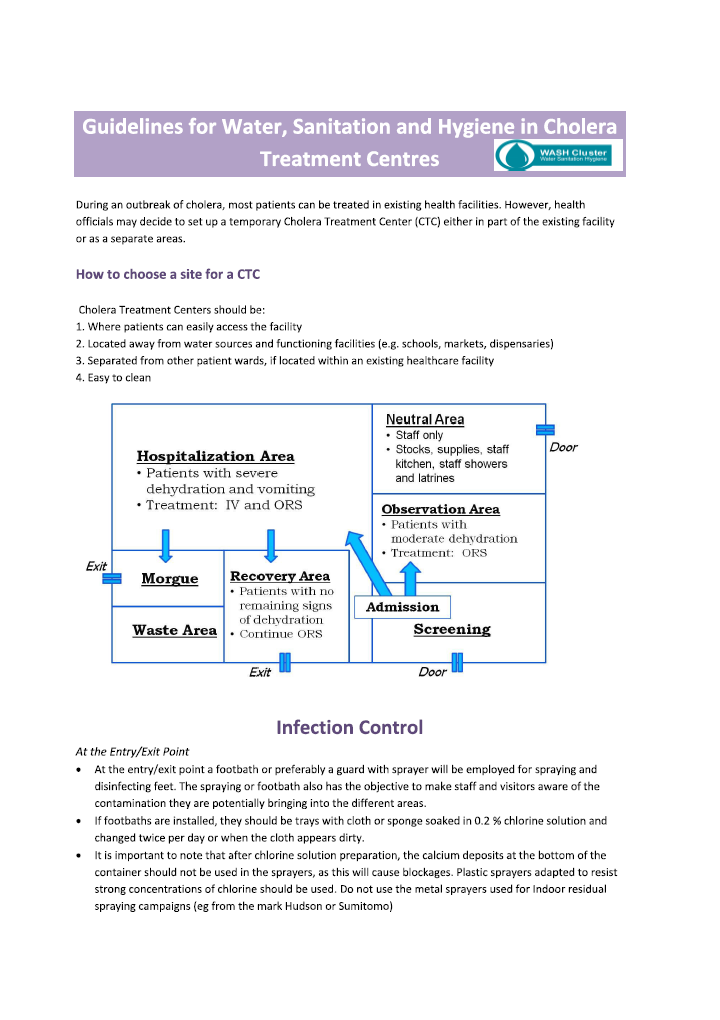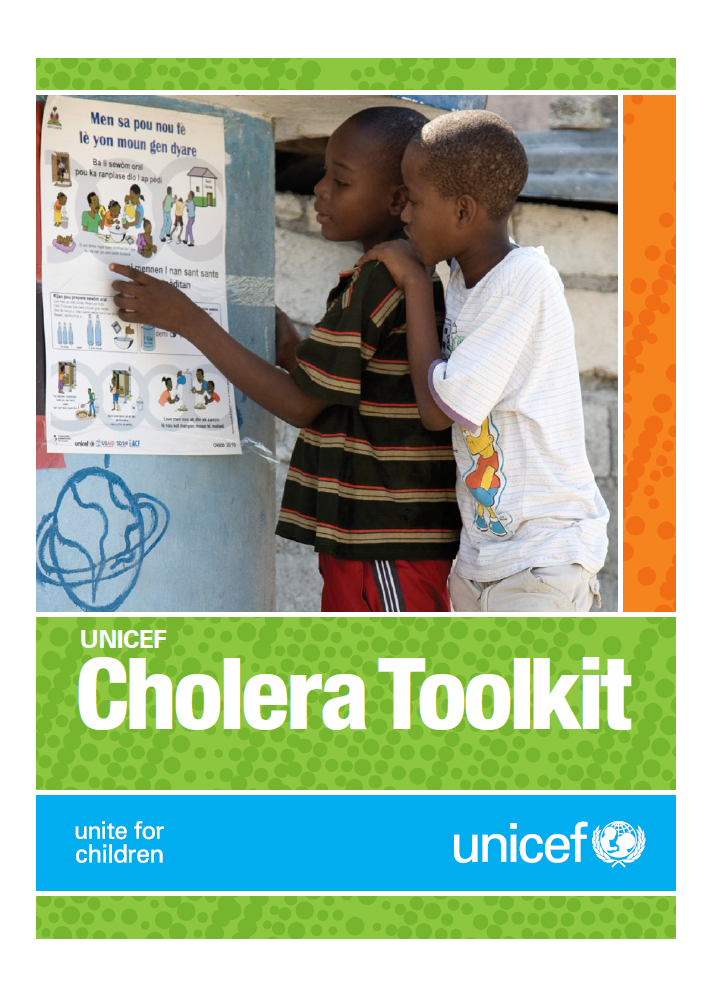Skat (2014) Super Truck Trump Faecal Sludge Trucks
In order to cast a positive light on the emptying business and to inform in a professional way but with a twinge of humour, Skat Foundation has produced a Top Trumps card game with 32 fascinating sludge trucks from around the world. The game comes with an information card on on-site sanitation. The card game can be used as a give-away for conferences, meetings with decision […]
Cross, P., Strauss, M. (1985) Health Aspects of Nightsoil and Sludge Use in Agriculture and Aquaculture
Excreta constitute a valuable source of nutrients. In many countries (e.g. China, Taiwan, Japan, Korea, Indonesia) they are traditionally and widely used to fertilize fields and ponds where fish and aquatic vegetables are grown. In these areas, faecal wastes carry considerable economic importance. This may increase in the years to come elsewhere too as a result of the growing cost of mineral fertilizers (unaffordable to […]
EPA (1980) Onsite Wastewater Treatment and Disposal Systems Design Manual
This document provides information on generic types of onsi te wastewater treatment and disposal systems. It contains neither standards for those systems nor rules and regulations pertaining to onsite systems. The design information presented herein is intended as technical guidance reflective of sound, professional practice. The intended audience for the manual includes those involved in the design, construction, operation, maintenance, and regulation of onsite systems.
Bakalian, A., Wright, A., Otis, R., Azevedo N., J. (1994) Simplified Sewerage: Design Guidelines
This report presents design guidelines used for simplified sewers. It is based on information collected from a number of projects in Brazil and through discussions held with the staff of the state water companies of Sao Paulo (SABESP) and Parana (SANEPAR). Additional data from the literature and other areas are also presented.
Boesch, A., Schertenleib, R. (1985) Emptying on-Site Excreta Disposal Systems Field Tests with Mechanized Equipment in Gaborone (Botswana)
This report describes field tests of three prototype pit latrine emptying systems, a hand operated diaphgram pump and two vacuum tankers in regular service in Africa. Numerous sludge samples were taken and their viscosities and compositions measured to establish limits for the types of sludges that can be removed by each system.
Ahmed, M., Hrybyk, A. (2016) A Review of Shelter/WASH Delivery Methods in Post‑Disaster Recovery Interventions Pintakasi Study
Catholic Relief Services conducted an in‑depth study to assess the efficiency, effectiveness and appropriateness of the modalities for delivering shelter and WASH assistance in its Typhoon Haiyan Recovery Program. This study, Pintakasi, hopes to contribute valuable lessons learned and share best practices from the program with the shelter/WASH recovery communities of practice in the humanitarian sector as a whole.
SEEP (2016) Minimum Economic Recovery Standards
The programmatic focus of the Minimum Economic Recovery Standards is on strategies and interventions designed to improve income, cash flow, asset management, and growth among crisis-affected households and enterprises. These include four distinct technical program areas: financial services, productive assets, employment, and enterprise development. It emphasizes encouraging the re-start of enterprises and livelihoods strategies, and improving market productivity and governance.
Juillard, H., Sloane, E. (2016) Pre-Crisis Market Analysis (PCMA) Revised
This document provides guidance for practitioners on conducting market analysis before the onset of an anticipated crisis using an adaptation of existing post-crisis market assessment tools. Recommendations stemming from this analysis could be used to inform preparedness and DRR programming decision making as well as future emergency responses. This guidance focuses on markets, with the objective to improve programming. As with any humanitarian initiative, the […]
The Cash Learning Partnership (2016) Comparative table of humanitarian market analysis tools
The increasing awareness of the need for market analysis has led to a plethora of guidance and tools with which to conduct this analysis. Choosing which tool is the right fit for your agency can lead to confusion and additional stress. This table comparing the market analysis guidance aims to: 1) Provide a basic overview of the different market analysis guidance that exists, 2) Provide […]
EMMA (2017) Emergency Market Mapping and Analysis - Toolkit
Emergency Market Mapping and Analysis (EMMA) is a set of tools (this toolkit) and guidance notes (the reference manual on CD-ROM). It encourages and assists front-line humanitarian staff in sudden-onset emergencies to better understand, accommodate, and make use of market systems. It does not offer a simplistic blue-print for action. However, EMMA does provide accessible, relevant guidance to staff who are not already specialists in […]
UNHCR (2017) Hygiene Promotion Guidelines
These guidelines were developed for use by all UNHCR staff and implementing partners (IP) working at field level with persons of concern to UNHCR. They are particularly aimed at those working in the WASH sector and those who need more detailed information on hygiene promotion than is currently given in the HP Chapter of the UNHCR WASH Manual. The guidelines may also be of use […]
Davis Jr., Thomas P. (2010) Barrier Analysis Facilitator’s Guide A Tool for Improving Behaviour Change Communication in Child Survival and Community Development Programmes
Barrier Analysis can be used at the start of a behavior change program to determine key messages and activities for intervention. It can also be used in an ongoing program focusing on behaviors that have not changed very much (despite repeated efforts) in order to understand what is keeping people from making a particular change. This Facilitator’s Guide has been written for trainers to teach others […]
Clatworthy, D., Sommer, M., Schmitt, M. (2017) A Toolkit for Integrating Menstrual Hygiene Management (MHM) into Humanitarian Response The Full Guide
The toolkit was designed to support a range of humanitarian actors involved in the planning and delivery of emergency responses. The guidance is therefore aimed to support 1) program staff directly delivering services; 2) program supervisors and country-level staff responsible for designing, coordinating and monitoring field activities, and 3) technical staff, focused on providing technical support and developing standards.
Miller-P., M., Voigt, L., McLennan, L., Cairncross, S., Jenkind, M (2015) Infant and Young Children Faeces Management Potential Enabling Products for their Hygienic Collection, Transport, and Disposal in Cambodia
In Cambodia, children’s feces are rarely disposed of in an improved sanitation facility. This study examines current practices and the role that enabling products may play in increasing hygienic management of infant and young child (IYC) feces in households with access to improved sanitation. A survey was conducted with the primary caregiver of a child under 5 years of age in 130 homes with an […]
WSP, UNICEF (2015) Management of Child Faeces: Current Disposal Practices Research Brief
Safe disposal of children’s feces is as essential as that of adults’ feces. The Joint Monitoring Program for Water Supply and Sanitation (JMP) tracks progress toward the Millennium Development Goal 7 target to halve, by 2015, the proportion of people without sustainable access to safe drinking water and basic sanitation. The JMP standardized definition for an improved sanitation facility is one that hygienically separates human […]
DIAUD/ CBM (2016) The Inclusion Imperative: Towards Disability-Inclusive and Accessible Urban Development Key Recommendations for an Inclusive Urban Agenda
This publication highlights the key physical, social, and institutional factors that act as barriers or facilitators for the full and equal participation for women, men, girls and boys with disabilities. The following chapters shed light on the critical role local and national governments, civil society, academia, philanthropic foundations, and the private sector can play in ensuring that cities of the future are inclusive, accessible, and […]
ADCAP Consortium (2016) Minimum Standards for Age and Disability Inclusion in Humanitarian Action
The main aim of this document is to support the inclusion of older people and people with disabilities in the programmes of all humanitarian organisations. Recognising that some people have specific needs requiring particular expertise, these Standards also encourage partnership and coordination with specialist organisations and associations representing people with disabilities or older people. The Minimum Standards provide guidance for the delivery of humanitarian response that […]
WHO (1993) Guidelines for Cholera Control
These guidelines have been prepared by the Global Task Force on Chlore Control of the World Health Organization to help managers of national diarrhoeal disease control programmes and others responsible for implementing cholera control activities. They may also be useful to international, bilateral, and non-governmental agencies in deciding on appropriate means of assiting countries to control cholera outbreaks.
UNICEF (2017) Guidelines for Water, Sanitation and Hygiene in Cholera Treatment Centres
During an outbreak of cholera, most patients can be treated in existing health facilities. However, health officials may decide to set up a temporary Cholera Treatment Center (CTC) either in part of the existing facility or as a separate areas. This publication provides guidelines for water, sanitation and hygiene in CTC.
UNICEF (2017) Cholera Toolkit
UNICEF currently provides strategic technical support and guidance, surge capacity, training, supplies and logistical support for cholera and diarrhoeal disease outbreak prevention, preparedness and response worldwide. Its multi-sector approach – health, water, sanitation and hygiene (WASH), nutrition, education, protection and other sectors as well as services for emergency operations and supply management– offers the possibility of an integrated effort towards risk reduction, preparedness, capacity building […]

